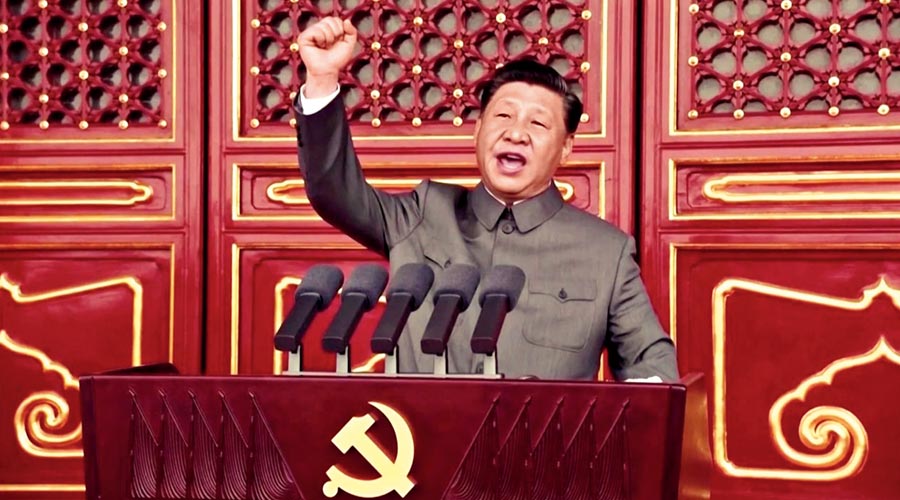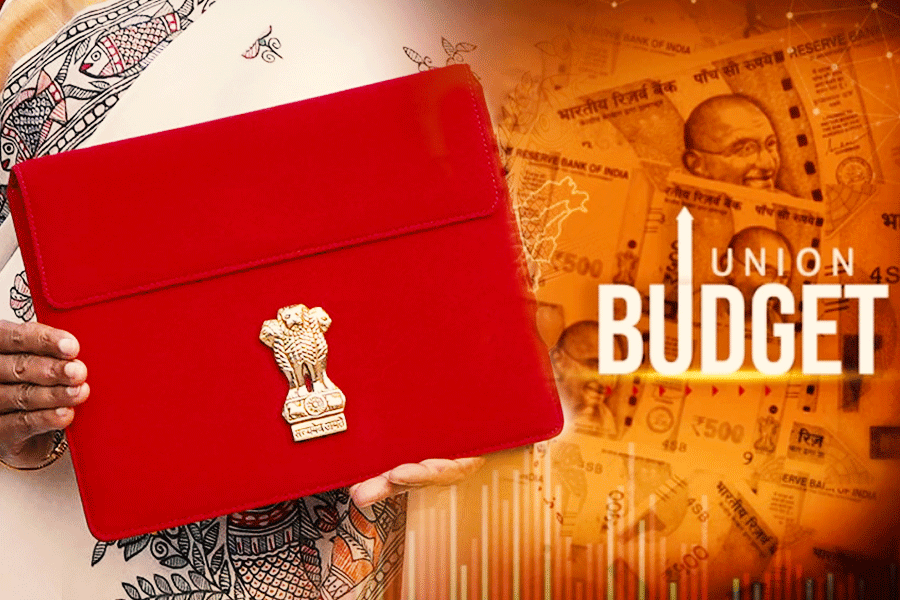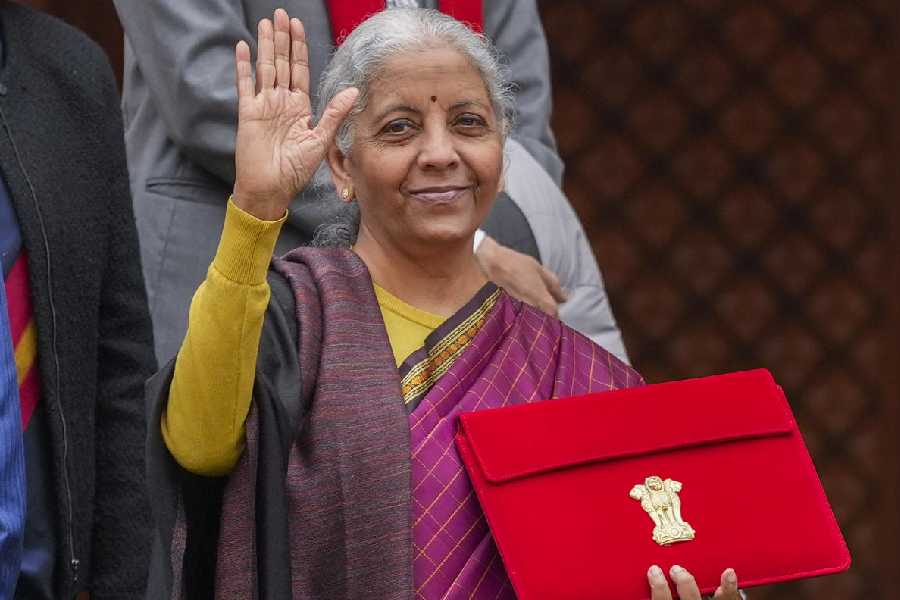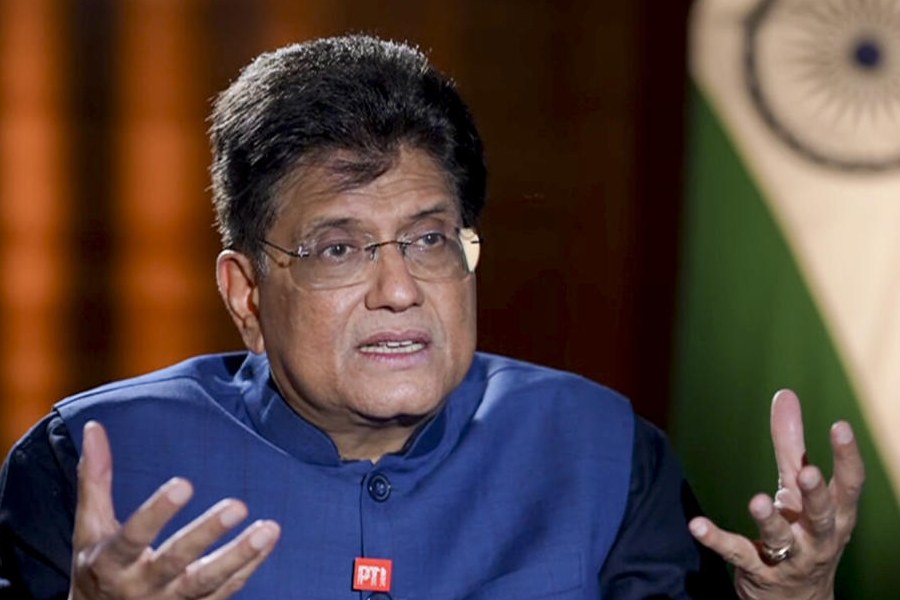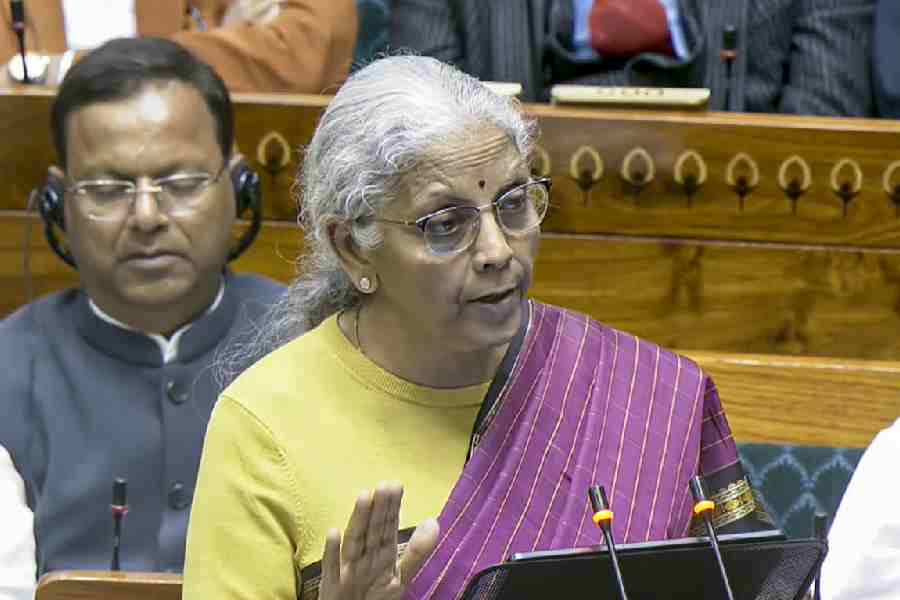Pursuit of aggressive power by China appears unremitting, especially under the current Chinese dispensation led by President Xi Jinping. The Chinese president’s immediate predecessors believed China should continue to bide its time by presiding over rapid economic growth and continuous expansion of influence through tactical integration into the global order. Xi, however, wants to challenge the prevailing global order. To abet this approach, Xi has ensured an unfettered, personal control over China’s government, the ruling Chinese Communist Party, the armed forces and security agencies. They are encouraged to be aggressive. This has elicited a cautionary note from Jia Qingguo, a prominent foreign policy advisor.
The Chinese government is being cautioned that a similar approach had led to the downfall of the former Soviet Union. Ironically, Xi has drawn upon the instance of the collapse of the former Communist Party of the Soviet Union, of which he insisted that matters had reached such a stage that “nobody was man enough to stand up and resist”. But is Xi also not constricting the room for salubrious divergence of views within his own regime? That could lead to the piling up of resentment against governmental dynamics, thereby downgrading the purpose of security overhaul and national rejuvenation.
Qingguo mentions the need for learning from the ordeals of the erstwhile Soviet Russia. That country had indulged in massive defence spending. By so doing, it had led itself to ignoring long-term security. The aftermath was a backwardness in relative economic development, which, in turn, prevented that country from supporting its accelerated defence expenditure. Some Chinese policymakers might argue that unlike the former Soviet Union, China has paid keen attention to economic development. For the past four decades, it has tried to keep a sturdy balance among political control, entrepreneurial economics, and wealth creation. Nevertheless, in recent years, China’s entrepreneurs and technocratic elite feel betrayed.
Xi’s across-the-board power grab, his trashing of requisite legal reforms, and his coddling of the State economy are key determinants in the disquiet in China. Unlike in the past, China’s economic policymakers are finding it increasingly difficult to maintain the momentum of economic growth without creating unsustainable levels of debt. In its attempt to pull the wool over all this, the Chinese dispensation is increasingly harping on nationalist sentiment by framing China as besieged by enemies. Xi repeatedly warns Chinese citizens that China has entered a period of heightened risk from “hostile foreign forces”. To acclimatize the people to the idea of possible difficulties ahead, Xi tries to project the CCP and, above all, himself as stabilizing forces. There are familiar parallels here with the India of present. The Narendra Modi administration, too, loses no opportunity to remind people that it is the best guarantor of their security and that potential adversaries would be kept at bay only under its watch. But the Indian economy continues to languish, and the Indian political firmament is marked by increasing acrimony and recriminations.
Beijing’s aggressive postures on various foreign policy fronts are already having their after-effects. The United States of America confronts China on almost everything, from trade practices to military build-up. Australia, like many Asian countries, fears being left to fend for itself. Japan worries that China wants to not only dominate the seas surrounding it but also settle historical scores. Taiwan, a self-governing island, is worried it will be gobbled up by China. Southeast Asian nations also feel overshadowed. India has a competitive and confrontational relationship with China, and is purposefully increasing its military capabilities, strengthening military alliances —such as the Quad — and signing defence pacts with the US.
Any ruling dispensation should strike a strong, effective equilibrium among national interest, security, economy, social cohesion, and diplomacy. If any governing system honours the idiosyncrasies of any leader for too long, it ultimately works to the detriment of that leader.
Ranajoy Sen is an analyst, writing on international affairs, politics, and the economy

